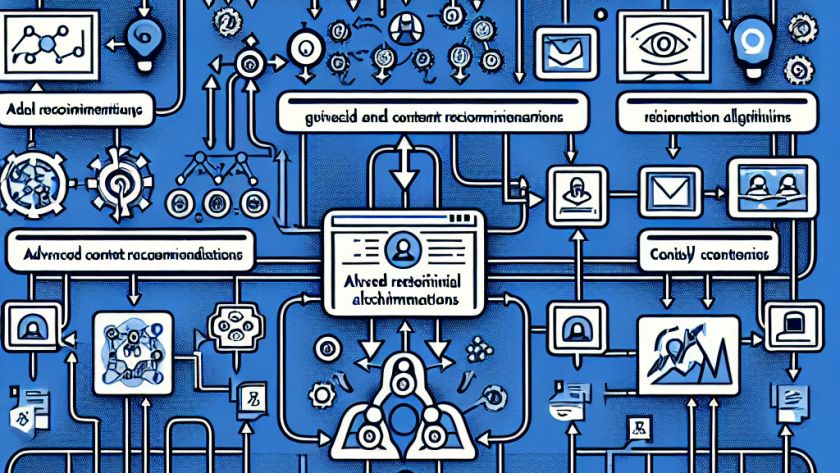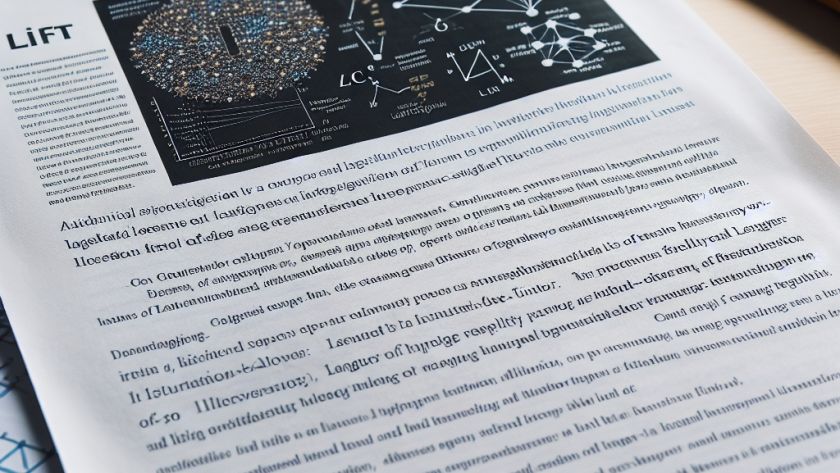Large language models (LLMs) like GPT-4 have demonstrated impressive performance in various tasks, ranging from summarizing news articles to writing code. However, concerns propagated by two crucial issues: hallucination and performance disparities. Hallucination describes the tendency of LLMs to generate plausible yet inaccurate text, posing a risk in tasks that require accurate factual recall. Performance…












